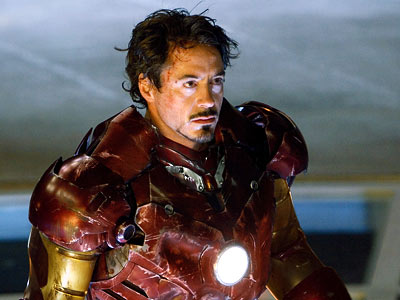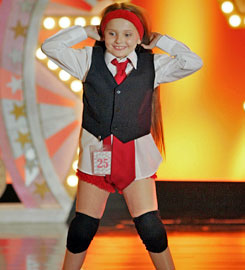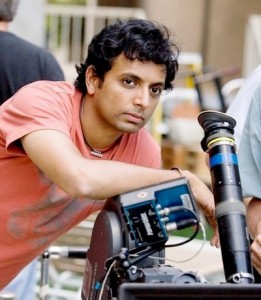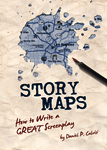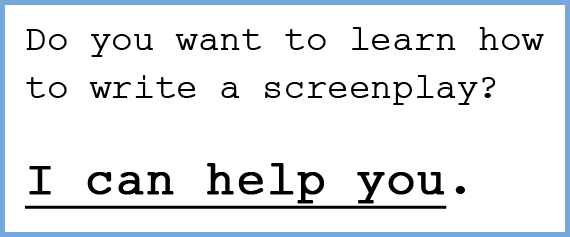The Dark Knight Screenplay Analysis
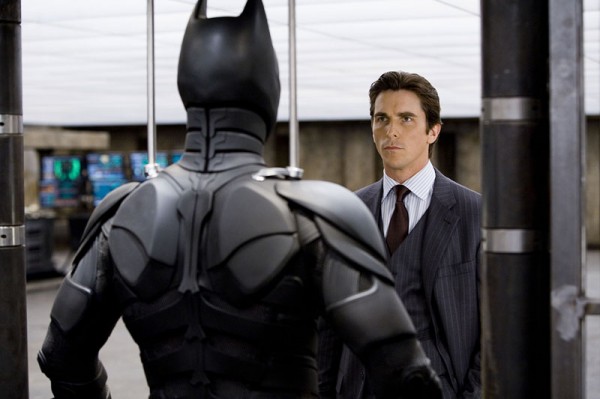
The Dark Knight is an expert example of building an active story around Theme, one of the main dramatic elements in the “Basic Story Map.”
- Download the FULL STORY MAP FOR THE DARK NIGHT Here.
In a movie, especially a superhero action thriller, there must be HIGH STAKES with SERIOUS CONSEQUENCES. Life or death. Loyalty or betrayal. Love or Duty.
In The Dark Knight, the screenwriters wisely push the story to the extremes of the conflict. To find those extremes, they began with Bruce Wayne/Batman’s character and mythology and used those elements to push him into an impossible situation.
Here are three “essential truths” of Bruce Wayne/Batman:
- Bruce Wayne has sworn to protect the people of Gotham City.
- Bruce’s alter-ego Batman is the only thing that can protect them.
- Bruce’s one rule is not to kill.
The screenwriters will push Bruce into a position where he has only two options:
- Give up his identity as Batman and turn himself in to the authorities, or
- Kill The Joker.
In other words: an impossible choice. This is what great drama is built upon.

The glue that holds it together is Theme.

